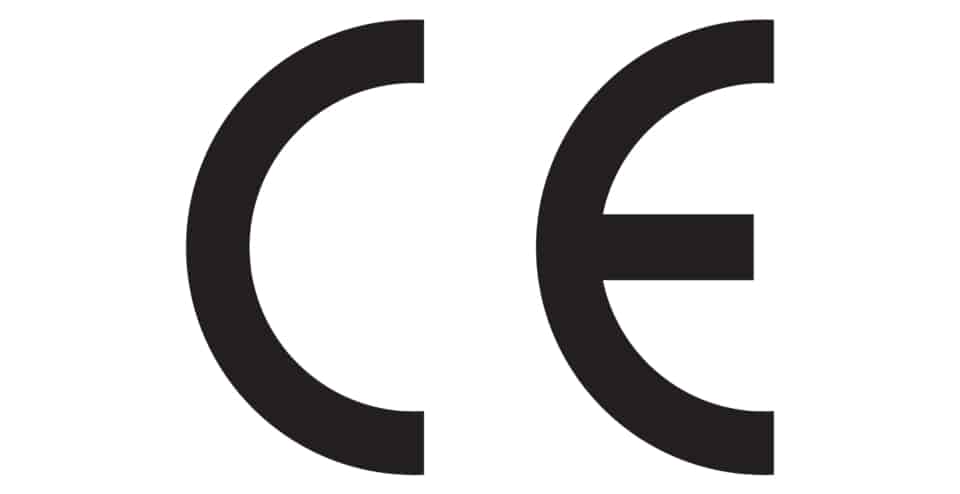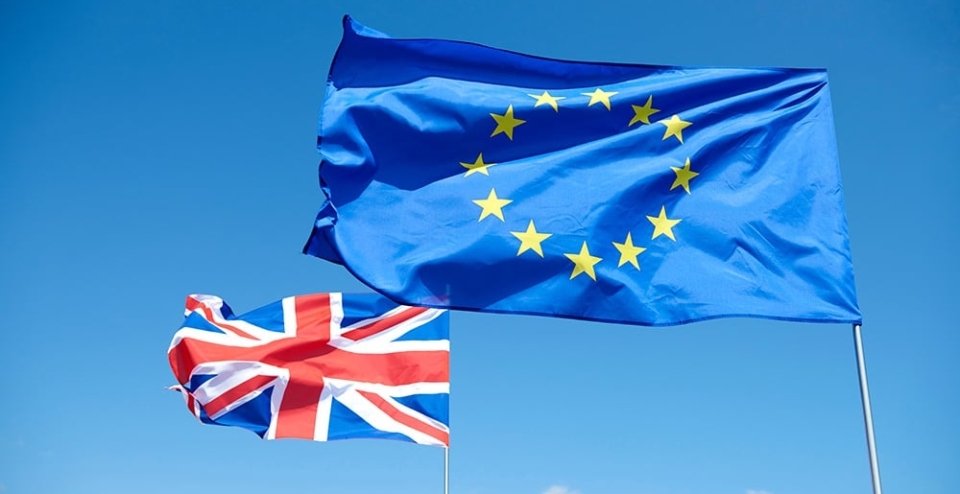
The CE Certificate for safe products
At Xemex, we stand for quality and safety. We want to show our customers that we meet all legal requirements, which is why we are proud of our CE certificate. But what exactly does that mean? In plain language, a CE mark is a kind of “safety stamp” for products in Europe. It shows that a product is safe and complies with European regulations.
A CE certificate is a mandatory seal of approval for products sold within the European Union. It stands for Conformité Européenne and guarantees that a product meets European requirements for safety, health and environmental protection. Without this marking, a product may not be placed on the European market.

Why CE Certificate
CE certification shows that a product meets the minimum legal requirements. This is essential for user safety. Manufacturers are required to provide test reports proving their product’s compliance.
What products?
CE marking applies to a wide range of products.
- Building Materials
- Electronic devices
- Medical devices
- Toys
- Protective equipment such as helmets and goggles
- Measuring instruments
Even if a product is manufactured outside the EU, importers and distributors must check for CE compliance.
Working Method CE Certificate
CE marking is a visible logo that must appear on the product or packaging. It is not a seal of approval, but a mandatory label. The manufacturer makes a declaration of conformity and is responsible for compliance with European directives.
Control supervision
In Europe, authorities supervise products with a CE mark. In the Netherlands, for example, the Dutch Food and Consumer Product Safety Authority and the Labor Inspectorate check whether products meet the requirements. Does a product not comply? Then manufacturers or importers can be required to modify the product or remove it from the market, with fines as a possible sanction.
Outside Europe
CE marking applies mainly in the EU and the European Economic Area (EEA), but some countries such as the United Kingdom, Turkey and Switzerland also accept it under certain conditions. Different rules often apply to exports to other countries.
